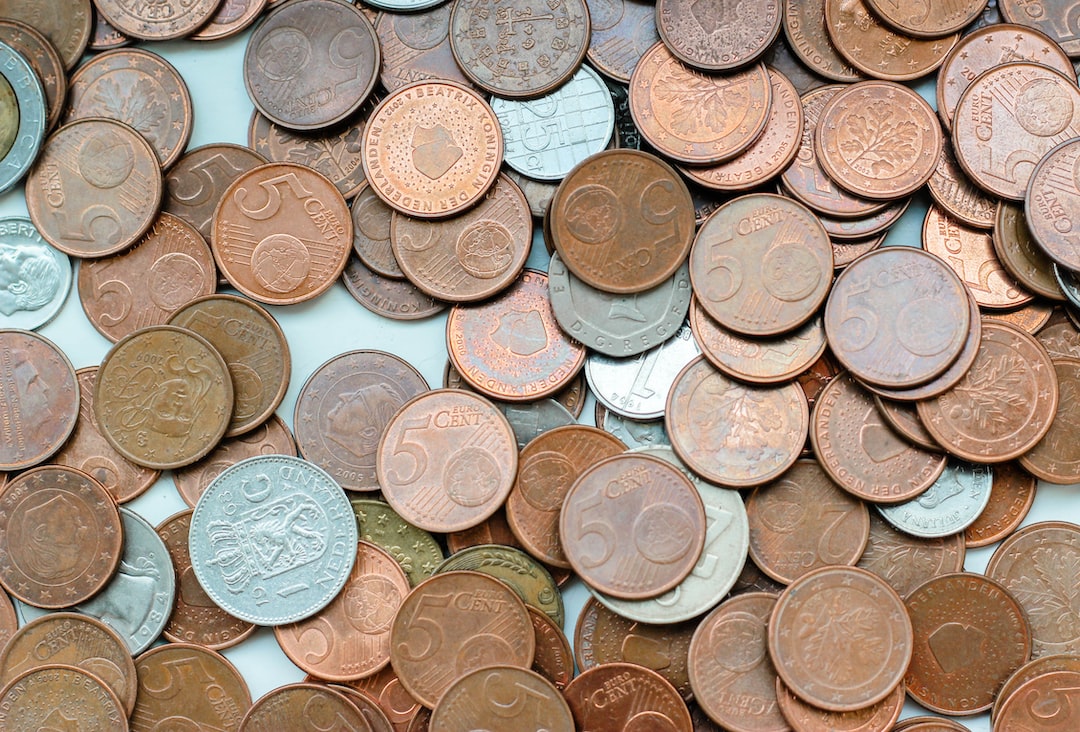Foreign exchange, or simply forex, is the largest and most liquid market in the world. It is a decentralized market where currencies are traded 24/7. Forex trading has become a popular career choice for many people around the world. As the forex market is highly volatile, it is important for traders to have a good understanding of the market and its intricacies. If you are interested in becoming a forex trader for a bank, here are the steps you need to follow:
1. Get a degree in finance or economics
The first step to becoming a forex trader for a bank is to get a degree in finance or economics. This will give you a solid foundation in financial markets, economics, and accounting. A degree in finance or economics will also give you a good understanding of the principles of risk management, which is crucial in forex trading.
2. Gain experience in trading
To become a forex trader for a bank, you need to have some experience in trading. You can start by trading on your own using a demo account. This will give you a chance to practice and learn the ropes of trading without risking your own money. You can also gain experience by working as an intern at a financial institution or by working as a junior trader at a brokerage firm.
3. Get certified
To become a forex trader for a bank, you need to get certified. The most popular certification for forex traders is the Chartered Financial Analyst (CFA) designation. The CFA program covers a wide range of topics related to finance, including financial analysis, investment management, and portfolio management. Other certifications that may be useful include the Financial Risk Manager (FRM) designation and the Certified Public Accountant (CPA) designation.
4. Build your network
Building your network is crucial if you want to become a forex trader for a bank. Attend industry events, seminars, and conferences to meet other traders and industry professionals. Join professional organizations and online forums to connect with other traders and stay up-to-date on industry news and trends. Building your network will also help you to find job opportunities and make connections with recruiters.
5. Apply for jobs
Once you have gained some experience and built your network, it’s time to apply for jobs. Look for job openings at banks, hedge funds, and brokerage firms. You can also apply to trading programs offered by banks and other financial institutions. These programs provide training and mentorship to aspiring traders.
6. Prepare for the interview
Preparing for the interview is crucial if you want to land a job as a forex trader for a bank. Research the bank and the position you are applying for. Brush up on your technical skills and be prepared to answer questions about market trends, trading strategies, and risk management. Be ready to discuss your past experiences and how they have prepared you for the job.
Becoming a forex trader for a bank is a challenging but rewarding career. It requires a solid understanding of financial markets, risk management, and trading strategies. By following these steps, you can increase your chances of landing a job as a forex trader for a bank and build a successful career in the financial industry.






